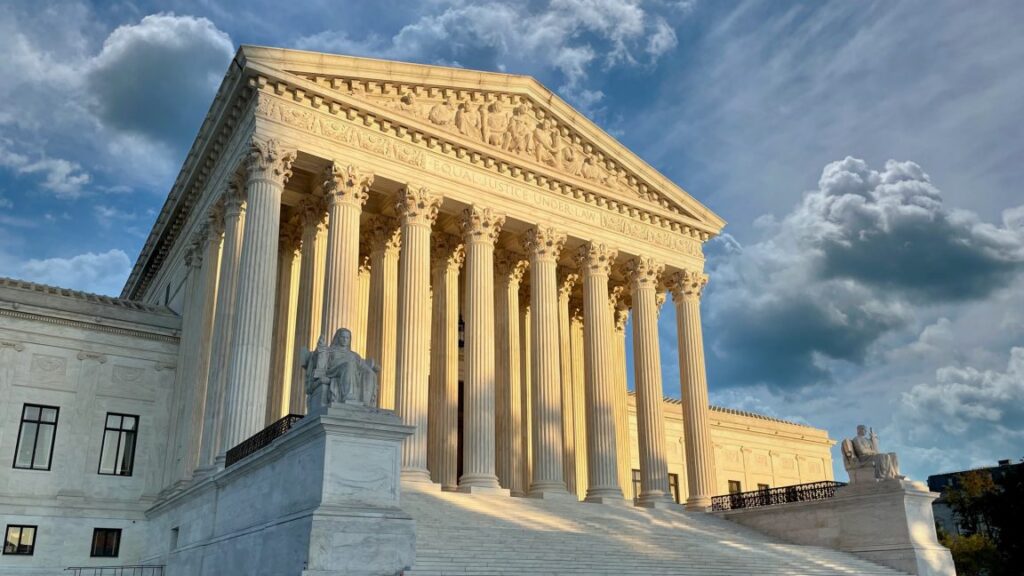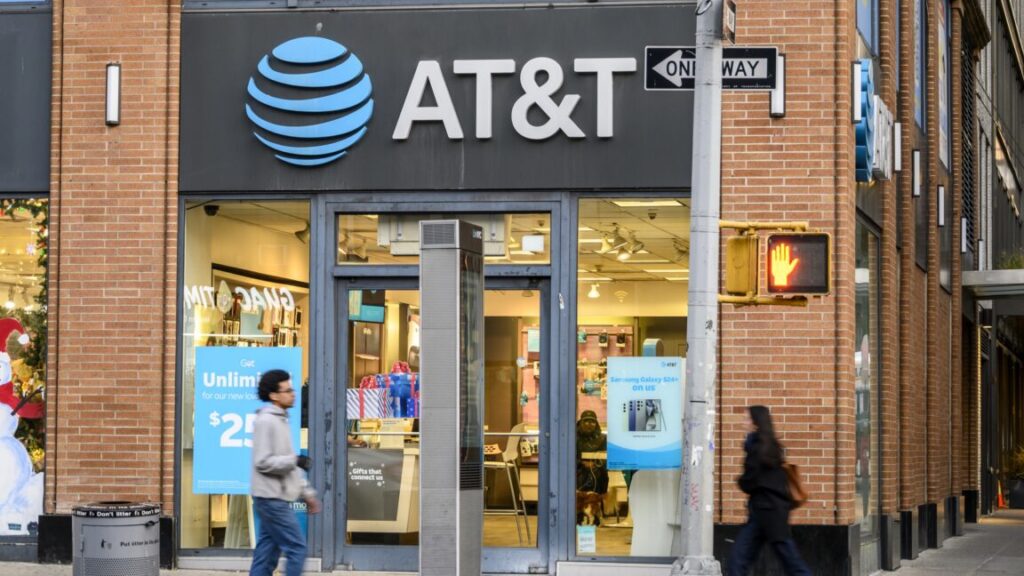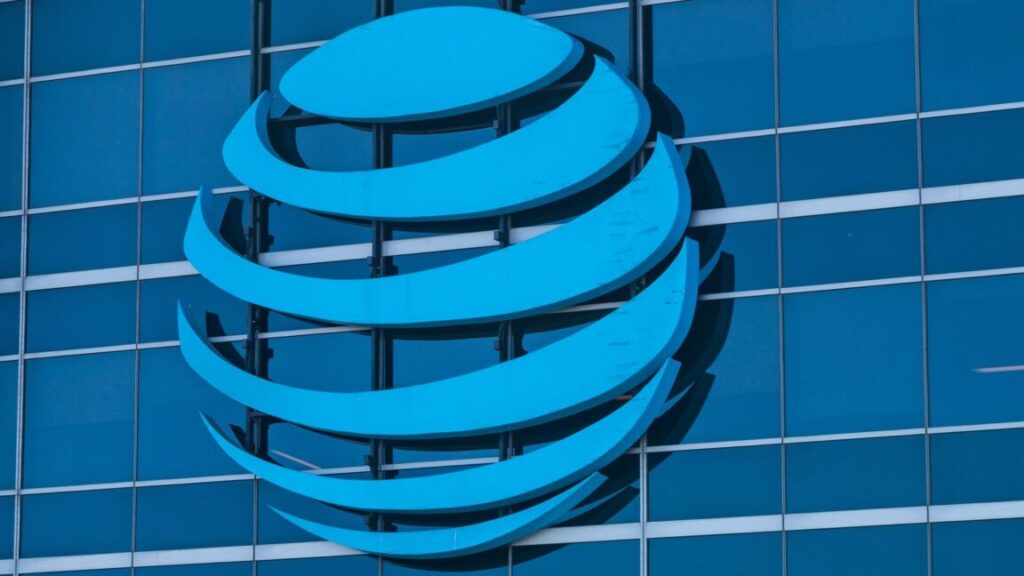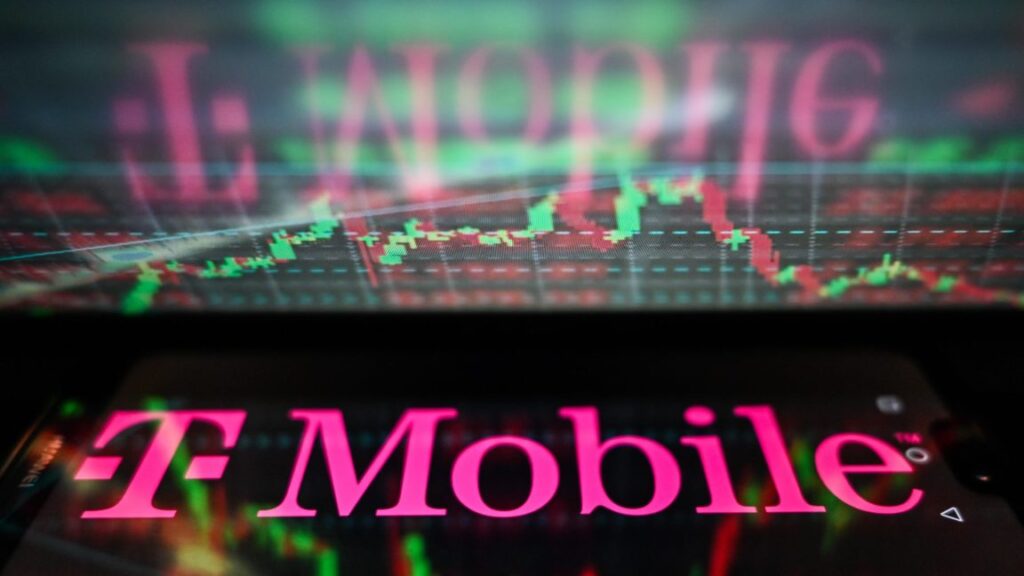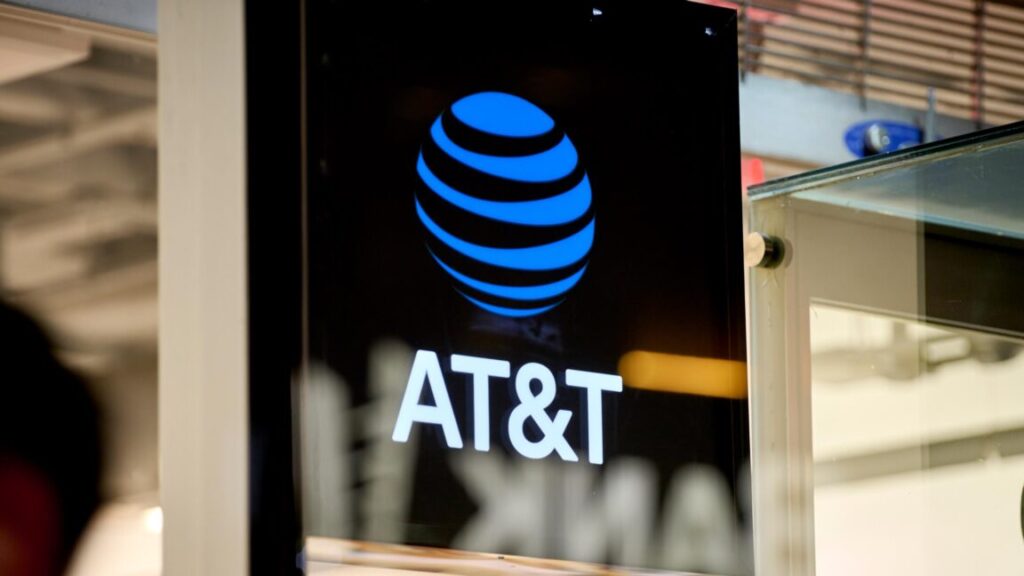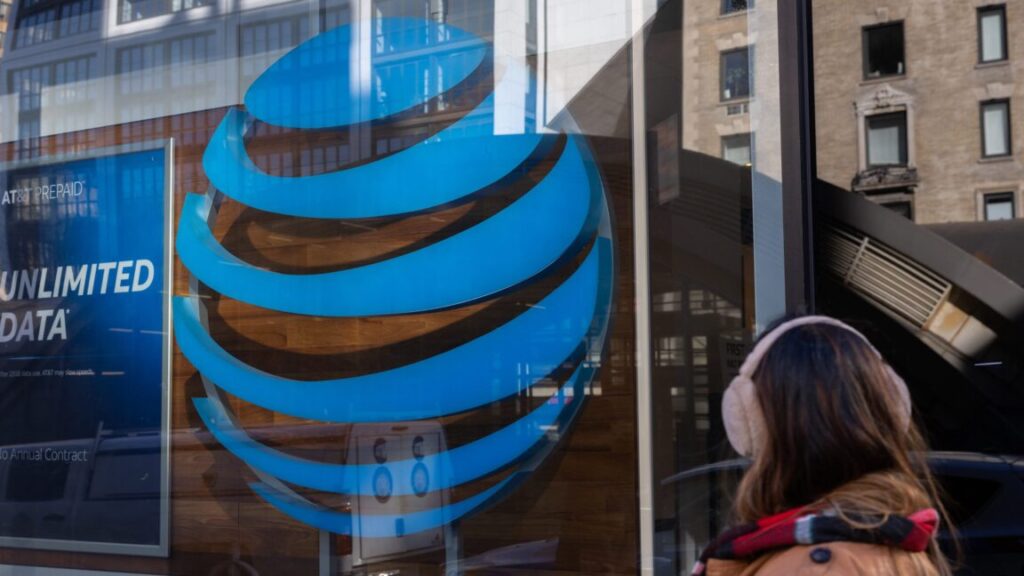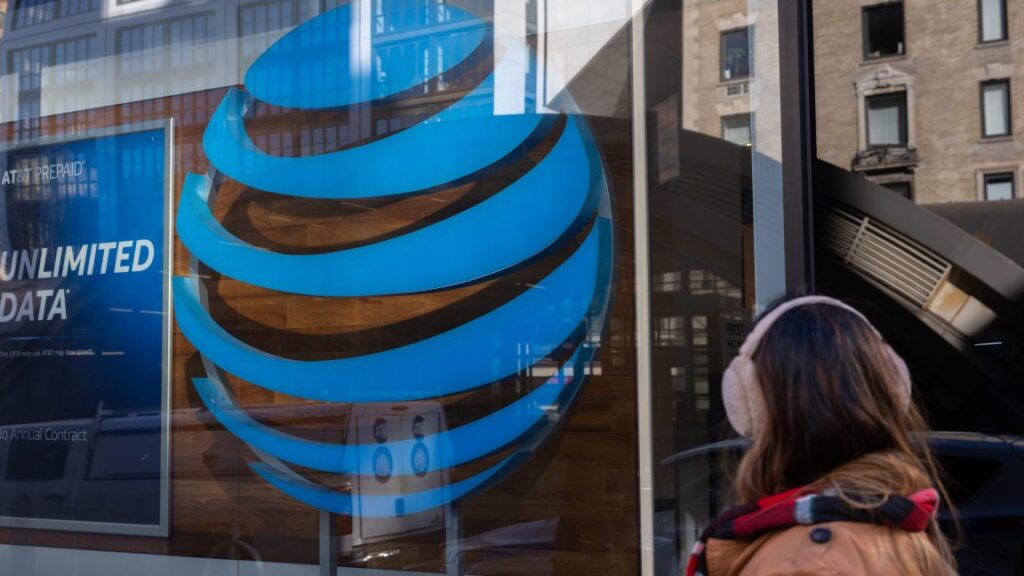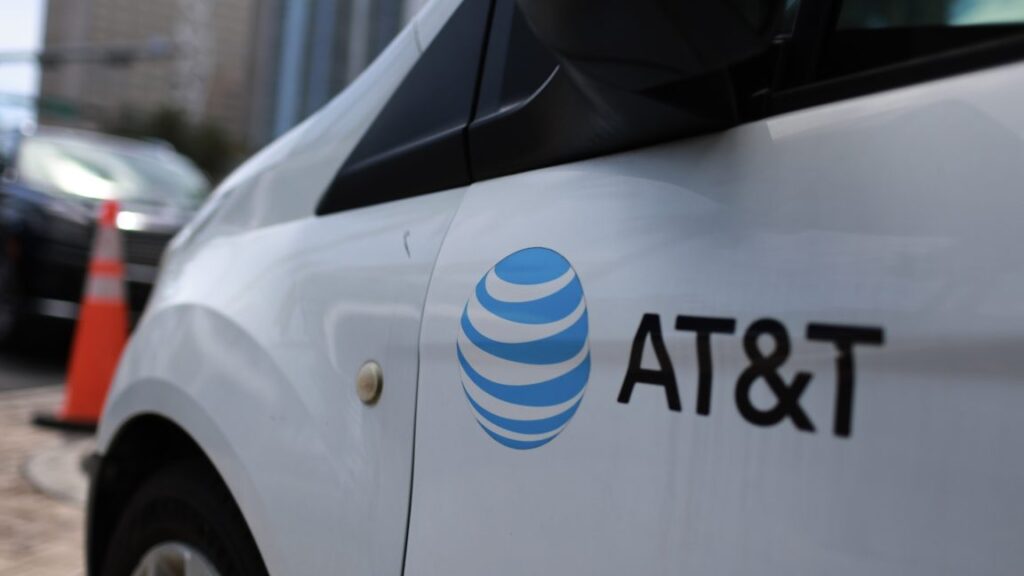Supreme Court takes case that could strip FCC of authority to issue fines
The Supreme Court will hear a case that could invalidate the Federal Communications Commission’s authority to issue fines against companies regulated by the FCC.
AT&T, Verizon, and T-Mobile challenged the FCC’s ability to punish them after the commission fined the carriers for selling customer location data without their users’ consent. AT&T convinced the US Court of Appeals for the 5th Circuit to overturn its fine, while Verizon lost in the 2nd Circuit and T-Mobile lost in the District of Columbia Circuit.
Verizon petitioned the Supreme Court to reverse its loss, while the FCC and Justice Department petitioned the court to overturn AT&T’s victory in the 5th Circuit. The Supreme Court granted both petitions to hear the challenges and consolidated the cases in a list of orders released Friday. Oral arguments will be held.
In 2024, the FCC fined the big three carriers a total of $196 million for location data sales revealed in 2018, saying the companies were punished “for illegally sharing access to customers’ location information without consent and without taking reasonable measures to protect that information against unauthorized disclosure.” Carriers challenged in three appeals courts, arguing that the fines violated their Seventh Amendment right to a jury trial.
Carriers claim FCC violates right to jury trial
The carriers’ cases against the FCC rely on the Supreme Court’s June 2024 ruling in Securities and Exchange Commission v. Jarkesy, which held that a similar but not identical SEC system for issuing fines violated the right to a jury trial.
The conservative-leaning 5th Circuit appeals court decided that the FCC violated AT&T’s rights while “act[ing] as prosecutor, jury, and judge.” But the 2nd Circuit and District of Columbia Circuit courts found that each carrier could have obtained a jury trial if it simply decided not to pay the fine.
Supreme Court takes case that could strip FCC of authority to issue fines Read More »
